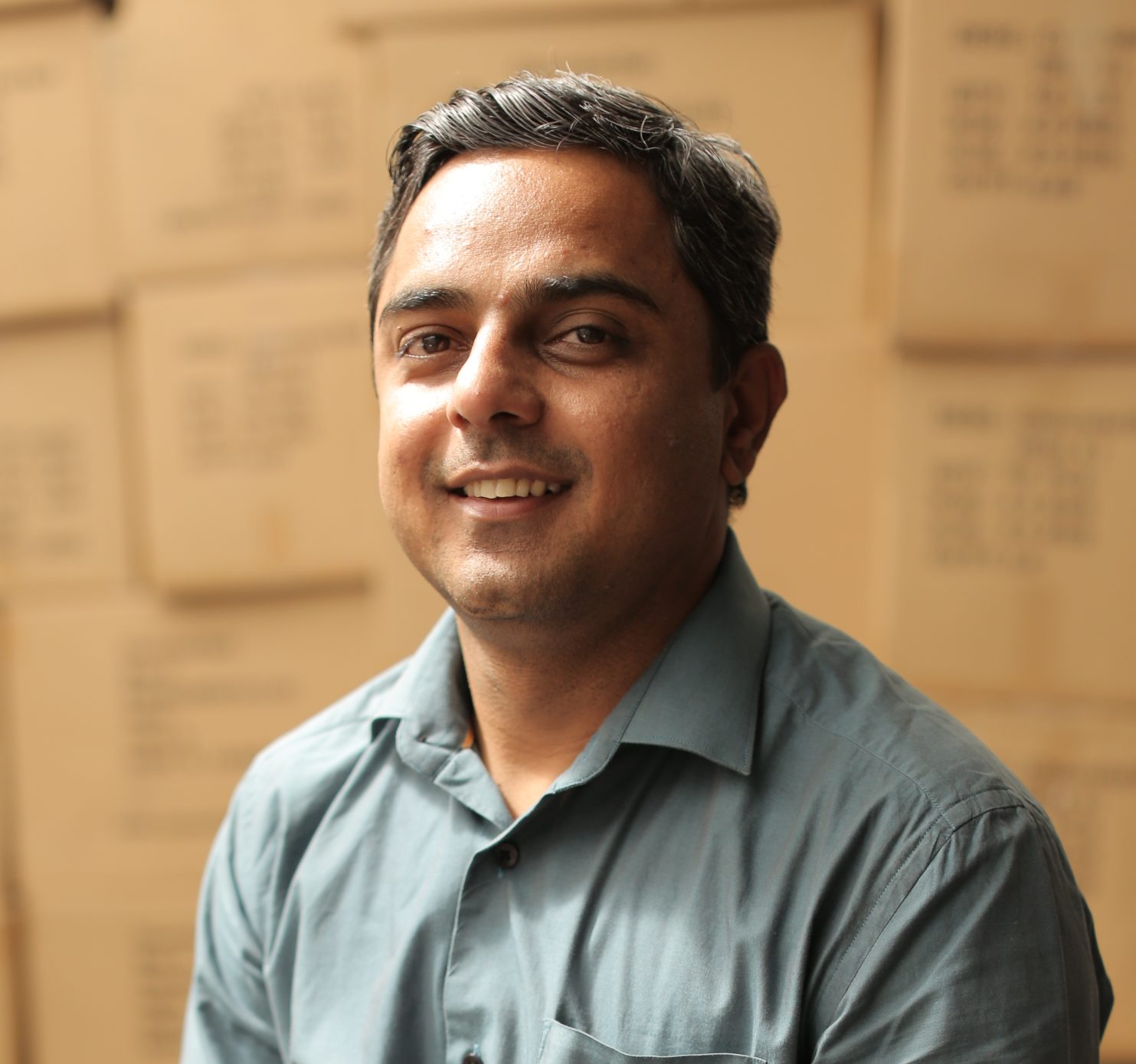“In their growing up years, women are usually told – Don’t talk too much. Don’t laugh too loudly. Don’t explore your bodies. Don’t make allies. Chup (Silence) is an entry point to ‘shutting down’. It’s not just about the voice, Chup is about negating your entire existence”
-from Deepa Narayan’s book, Chup.
Apsara
Apsara (name changed) comes from a family of five members. Her father works as a truck driver, while her mother sells flowers for a living. Her sister, being differently-abled, was forced to drop out of school and stays at home. Her brother works as a taxi driver. Due to financial constraints, Apsara had to miss school for two years against her will before her parents could save the funds to re-enrol her. It seemed like her life was always in flux, filled with uncertainty, and that she had no control over her choices and desires. Feeling invisible, Apsara sought external validation through a boyfriend who really liked her. She was just 12. Influenced by her friends who thought he was the right boy for her, feeling invisible at home, and not having the life skills to make her own choices, she chose this relationship because she felt seen and loved.
Six years into the relationship, she realised her boyfriend was a drug-user and was overtly possessive about her. She found herself alone again, in an abusive relationship and with no friends to lean on. By a stroke of destiny, she heard about a youth centre in her community and decided to enrol in it. The facilitators noticed that Apsara was always silent, seemed disturbed and distant – not interacting with them or her peers. As was their approach, they let her be, building a safe space around Apsara and giving her time to trust them.
As part of the Life Skills programme she had enrolled in, for the first time Apsara began to reflect on her life and relationships. The facilitators provided a safe space, with acceptance and without judgment, and this helped her share her story. She shared her helplessness with being invisible at home and in her relationship. Recognising that she was in an unhealthy relationship, Apsara learnt to articulate her angst and built the courage to face her reality. She decided to break up with her boyfriend. Once convinced, she proceeded to state her desire to end the relationship with her boyfriend, ensuring that he understood why she was choosing to leave him. A few months later, when he was hospitalised for an overdose, his mother came to her and pleaded to go visit him. Apsara had to negotiate with her, making her understand that she wished him well but had truly made up her mind to stay away from him.
“I went with his mother to the entrance of the hospital and politely explained to her that this part of my life was over. I waited there as she went inside, visited him and came back. He asked her whether I had come. She told him I was outside but wouldn’t visit. It hurts me even now, but I have made this decision for myself and my well-being.”
Over a period of time, through the support system at the youth centre, Apsara moved from feeling invisible and helpless to seeing herself and finding her voice. From a lifetime of feeling invisible, Apsara has learnt to redefine her life, viewing it with a new perspective. Learning to own her story and yet not letting it define her present or future has been the essence of Thriving for Apsara.
Apsara is working towards finding a job that will help her and her family get financial sustenance. She doesn’t blame her friends for coercing her into this relationship or her family for not seeing her all these years. Still a regular visitor to the youth centre, she looks forward to meeting her friends there. Attending interviews set up by the facilitators, she hopes to join the skilled workforce soon.
Rajeshwari
Rajeshwari is the youngest of a family of five, with two sisters and her parents. Labelled ‘dumb’ and a ‘waste’ by her family, she had internalised those words, making them a part of her identity. From the age of seven, Rajeshwari worked as a maid along with her mother. It made her feel invisible and just another resource for the family. Dropping out of college because of financial challenges at home, she took up a job in a call centre to support her family. Feeling frustrated in an unfulfilling job, Rajeshwari felt stuck. She had never gone against her family’s wishes and didn’t have the confidence to decide on her own. After much heartburn, she decided to quit the job, much to her parents’ disappointment.
A few days later, when she was sitting idle at home, a friend called and informed her about a youth centre, where she could learn Tally (an accounting software), free of cost. Rajeshwari jumped at the opportunity! She was introduced to the idea of life skills for the first time and found herself among facilitators who listened and cared for her dreams and opinions. During the sessions, there were adults asking her to share her opinion. She recalls that she mustered the courage to whisper her reflection to her friend so that she could communicate the same to the facilitator. The facilitators remember her first few days: “Rajeshwari was someone who was absolutely silent during the sessions. Later on, we realised that as she was never given a voice to say what she felt or thought at home, with her family, friends and society. Speaking her mind was entirely new to her!”
The youth centre opened up many opportunities for young people like Rajeshwari to explore their interests and find their passions. While Tally didn’t excite her, an exploratory course in Beautician training, changed Rajeshwari’s outlook. It wasn’t easy convincing herself and her family about her desire to enrol, but something intuitively told her she would like this, and she found the courage to convince her family despite their discouragement and negative comments. Rajeshwari was learning to build her own identity and these negotiations helped her clarify her own stand. She completed the course with flying colours and expressed her desire to start her own salon. Requiring some start-up capital, she invited her mother to witness the presentation she made to the youth centre’s scholarship committee. Rajeshwari’s mother was taken aback by the transformed woman she saw before her. She was confident and her passion was evident in the way she spoke about what she was going to do. There has been no looking back for her since then as she ventured out learning advanced beautician techniques and facilitate sessions for other young people at the centre. “I facilitated a beautician class for 30 girls at the Centre, truly believing that I could transform all 30 of them, just like I had been! Many young girls and boys started saying that I was the inspiration behind them wanting to become tailors, fashion designers, jewellery designers, etc. It was a celebrity moment for me!”
Thriving for Rajeshwari is moving from the fear of making decisions to trusting her potential. It is the shift from being invisible to making herself visible, not only to herself but to her family. Instead of looking at herself as someone who is helpless in a world where others decide for her, she has learnt to find her own solutions and own her choices.
Today, Rajeshwari is aspiring to become a professional bridal make-up artist, as she continues to work as a beautician to practice her craft. She is working towards owning a license and facilitating a beautician skill-development programme for other girls like her at the Youth Centre, at her own expense. Having changed the script for herself, she is now full of ideas on how to give back to the Centre by making other young people thrive, like her!
Growing up invisible in a deeply patriarchal society, Apsara and Rajeshwari learnt to find their voice and identity. Thriving for both of these young women is an arduous journey through layers of age-old socio-cultural norms, stereotypes, habits and mindsets where women are meant to be invisible. They have taken the first step by learning to affirm themselves – “I have the potential inside me to take charge of the situation at hand!”


